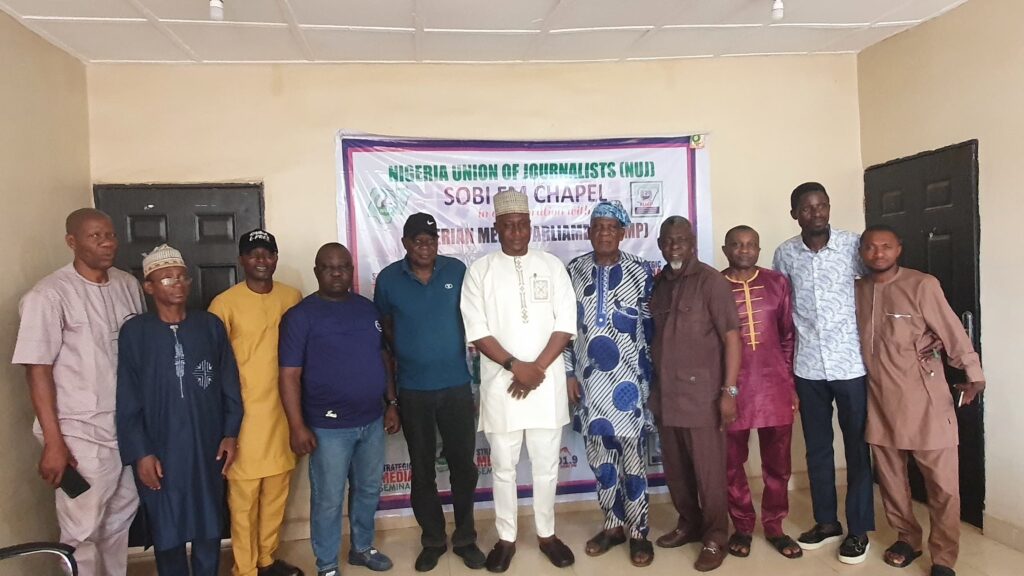Makanjuola Yahaya Lanre, a grassroots political advocate, has praised the landmark Supreme Court judgment that granted financial autonomy to Nigeria’s 774 Local Government Councils, directing the direct allocation of funds from the Federation Account to them.
The CEO of Darosa Properties Management and Construction Ltd. and Chairman of the 02 Liberation Movement made the commendation on Wednesday during the 6th Strategic Media Seminar organized by the Sobi FM Chapel of the Nigeria Union of Journalists (NUJ) in partnership with the Nigerian Media Parliament.
The seminar, held in Ilorin, Kwara State, was themed “Grassroots Governance and Security: A Framework for Sustainable National Development” and brought together media professionals, Local Government officials, civic leaders, and policy advocates to discuss the implications of the financial autonomy on security and development at the grassroots level.
Makanjuola described the Supreme Court ruling as a monumental shift for Local Government administration in Nigeria, noting that it marks the first time in decades that Local councils will have the freedom to plan, budget, and implement projects without state interference. He referred to it as a “new dawn” for local governance.
“Without doubt, this decision marks a new dawn for local government administration in Nigeria. For the first time in decades, councils can now plan, budget, and execute projects without state interference,” Makanjuola said.
However, he also raised concerns over the potential economic disparity that may arise as a result of the autonomy.
He warned that wealthier Local Government Areas (LGAs) with larger revenue bases would likely thrive, while rural councils with limited resources could struggle to meet basic governance needs.
“Financial independence means local governments now rely solely on what they can generate and what they receive directly from the centre. Wealthier LGAs will thrive. But what happens to rural councils with low revenue bases?” Makanjuola queried.
He further noted the public’s misunderstanding of the capacities and limitations of local governments, highlighting the unrealistic expectations placed on councils by citizens, who demand services such as well-paved roads, stable electricity, and quality healthcare while also seeking lower taxes.
Makanjuola emphasized the need for financial transparency and public education to ensure local councils can meet their obligations.
“Democracy works best when citizens can track what their taxes are doing. But it also fails when some areas can’t even generate enough funds to pay staff or clear refuse,” he added.
Makanjuola stressed the importance of introducing a national equalization mechanism to prevent rural councils from falling further behind urban areas such as Ilorin West, which are more likely to benefit from the new financial autonomy.
He advocated for a balanced approach that combines fiscal autonomy with intergovernmental support and equitable redistribution.
“Let autonomy not become abandonment. The federal government must step in with policy safeguards,” Makanjuola said.
Linking financial autonomy to enhanced community security, he argued that empowered local governments would be better equipped to address pressing security concerns, such as kidnapping, rural banditry, and youth unemployment, which he described as the result of weak local governance structures.
“The battle for true federalism is not just at the national level, it starts with your ward councillor, your LG chairman, and how your Naira is spent,” Makanjuola concluded.















